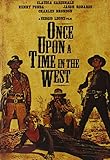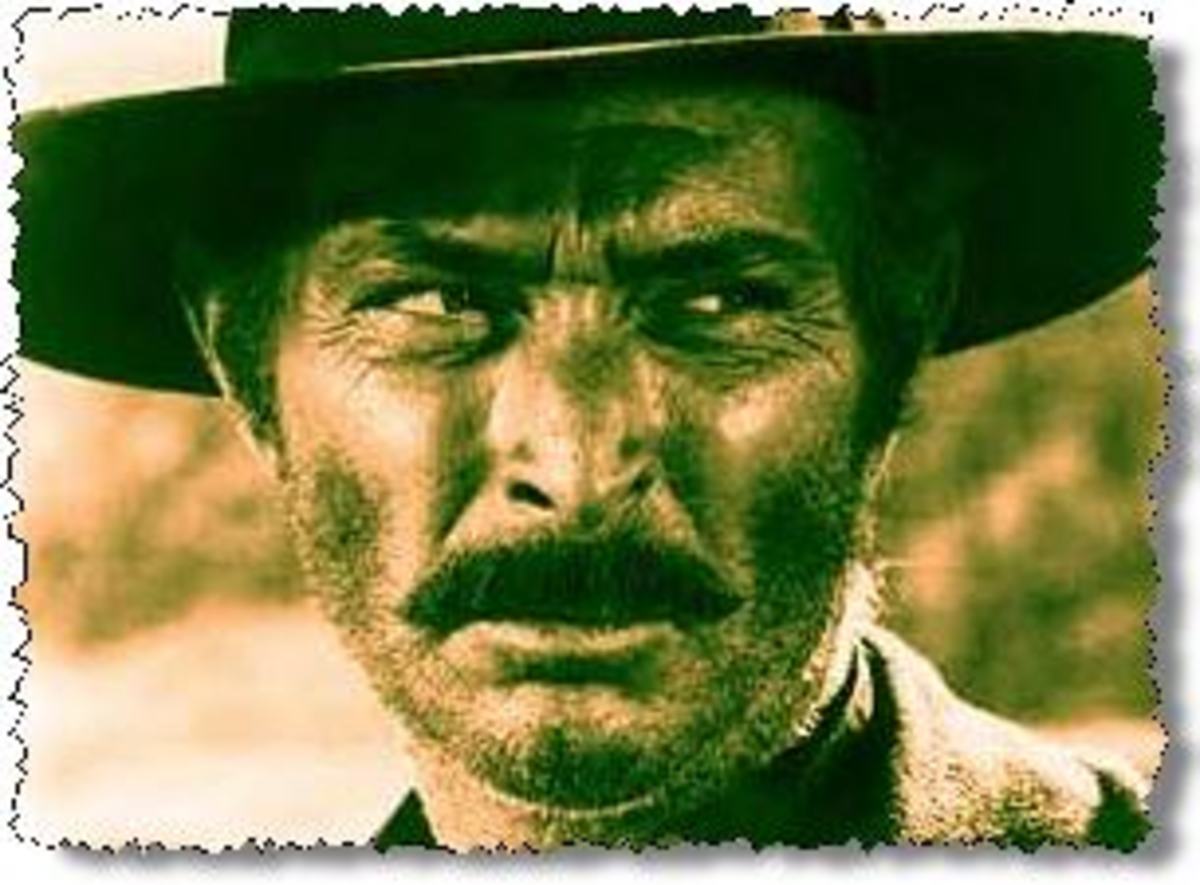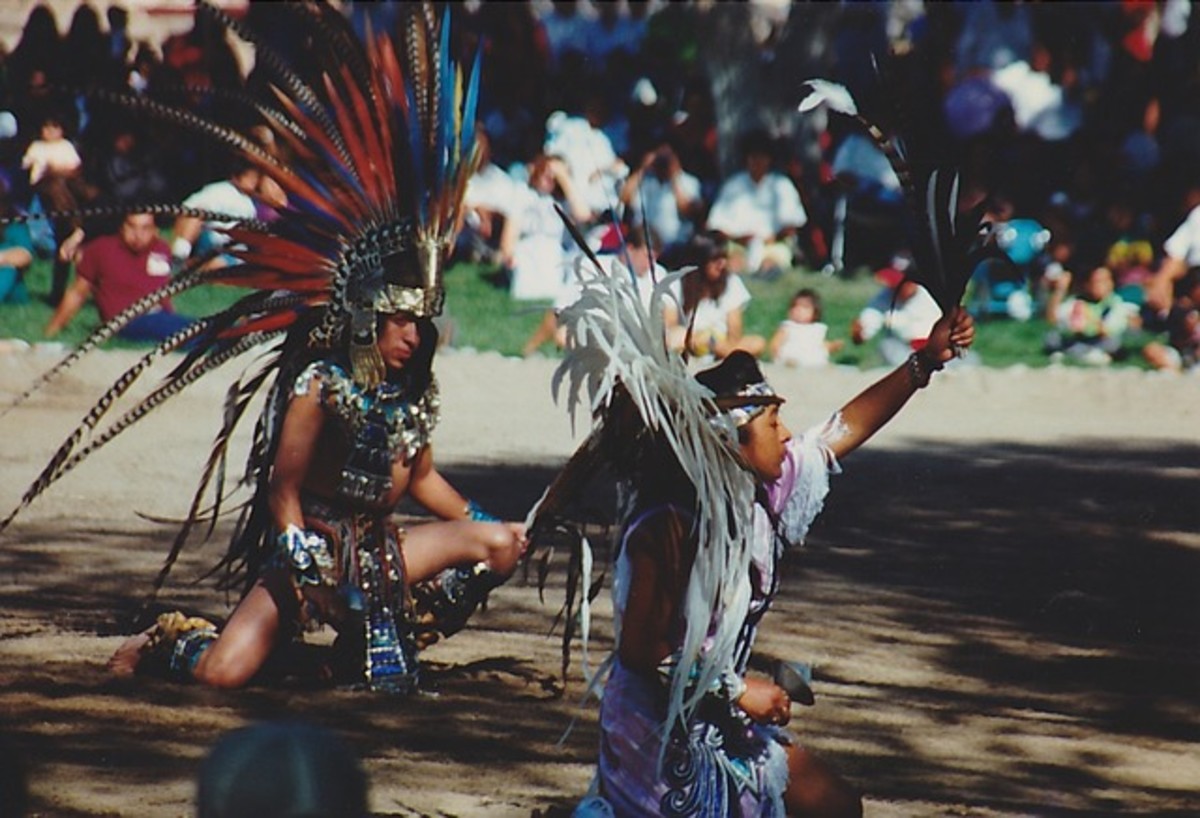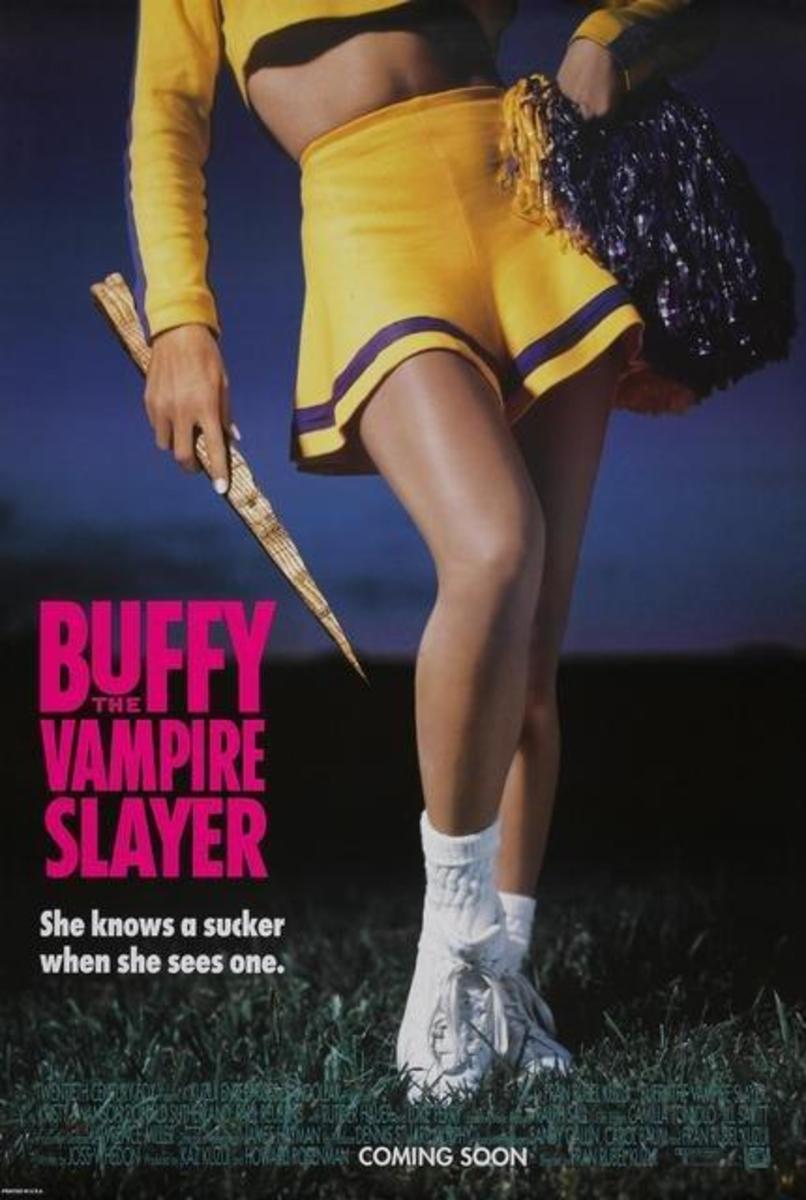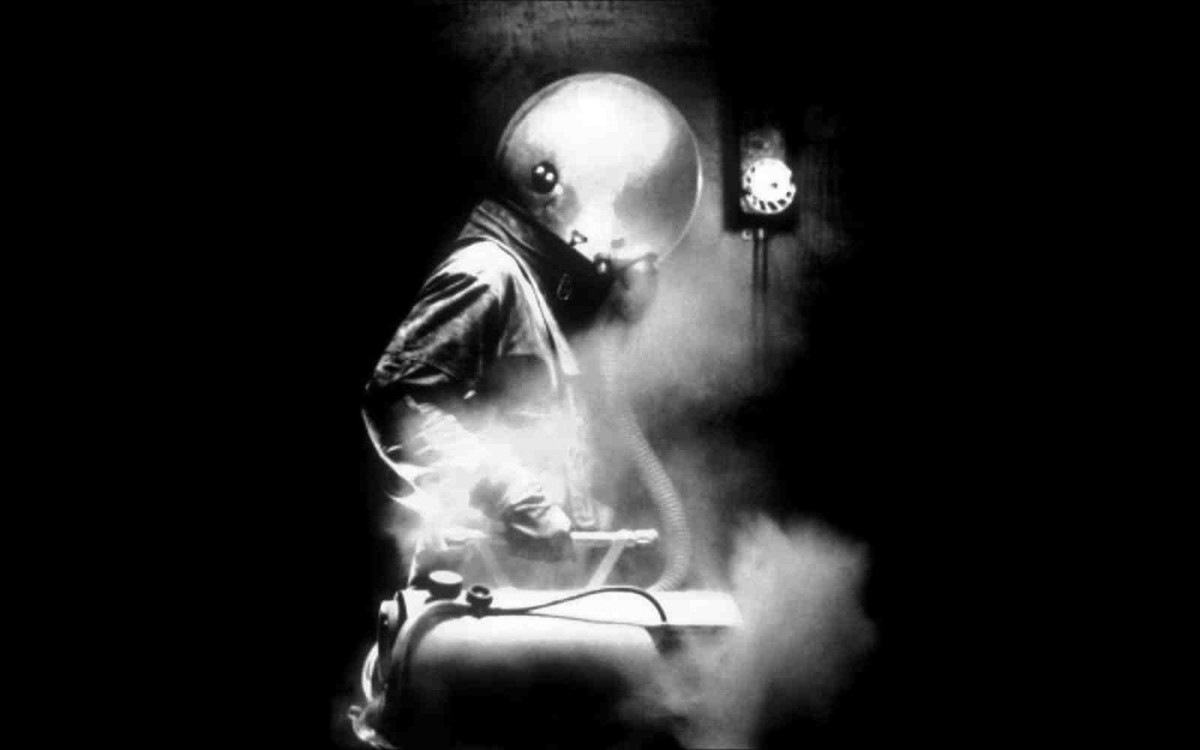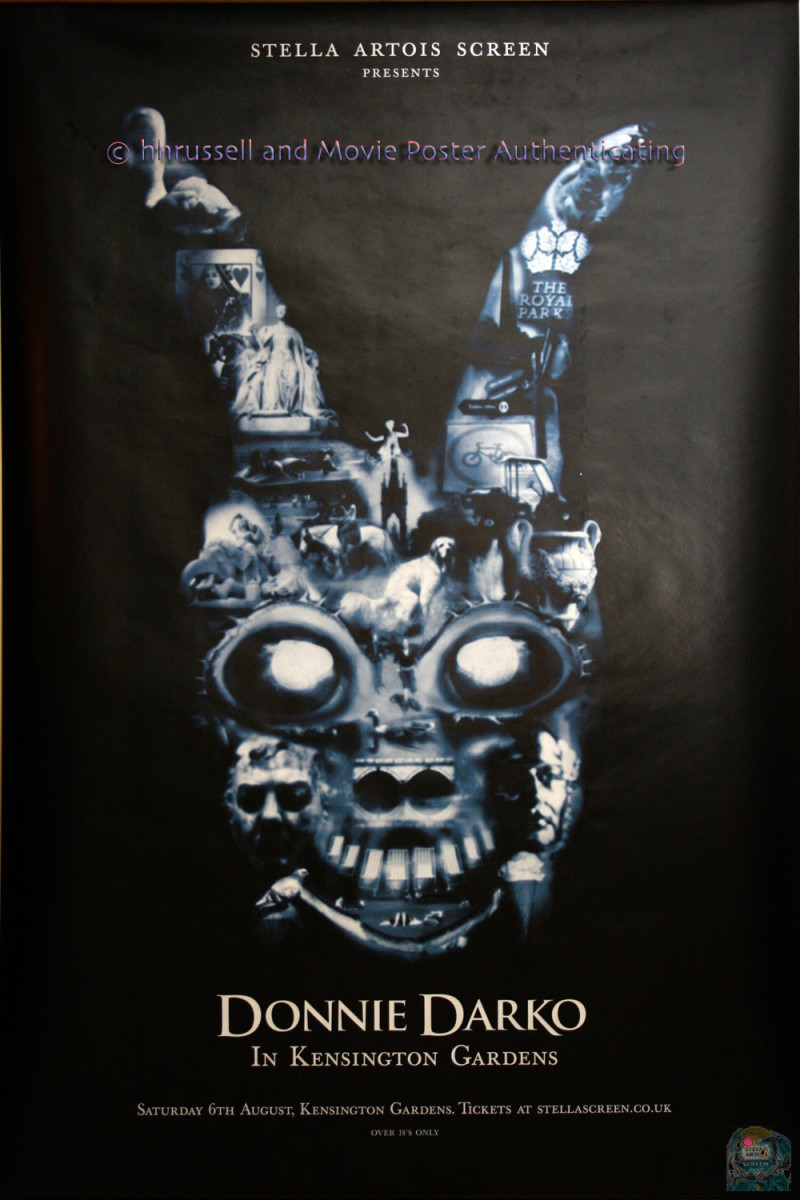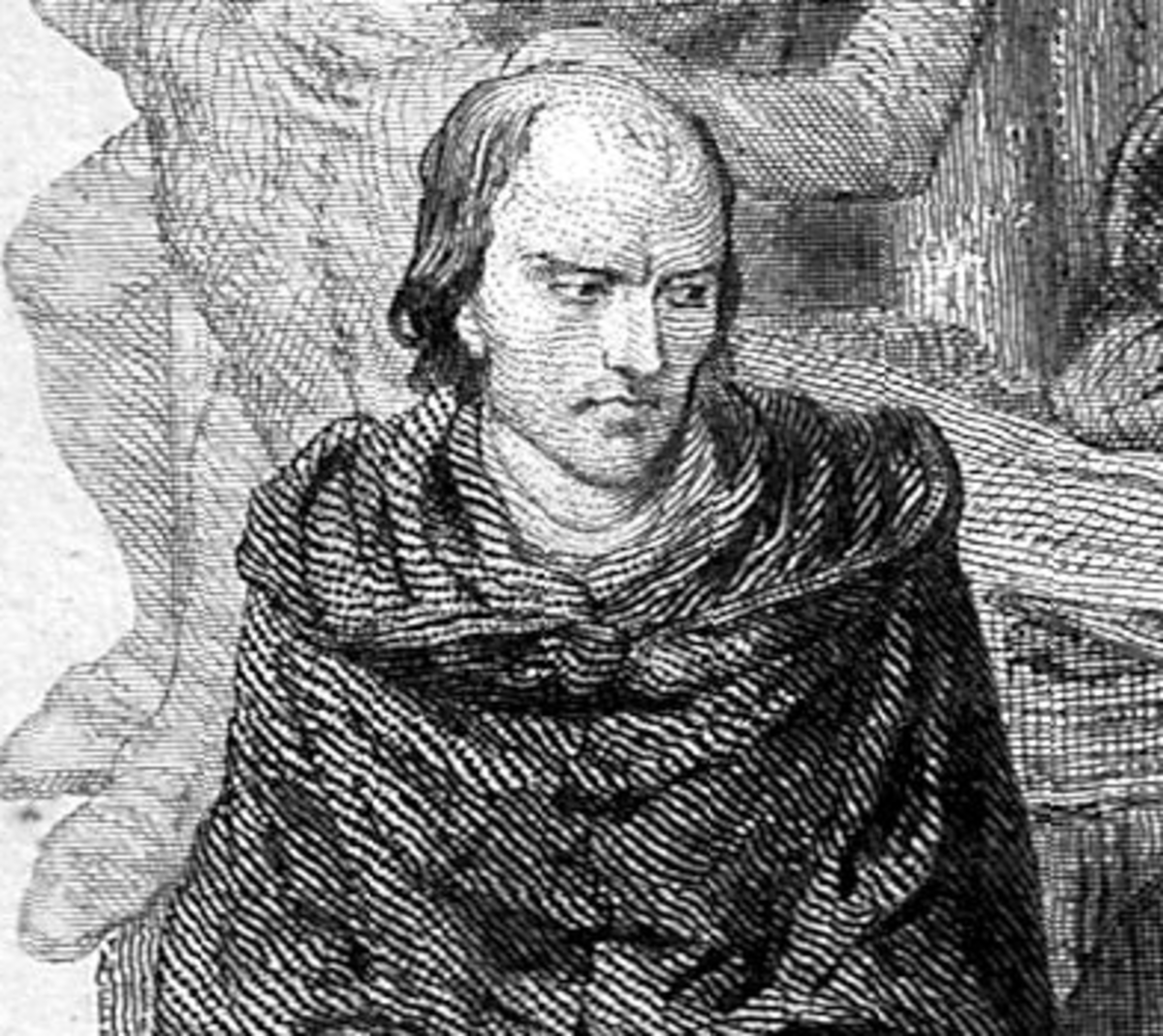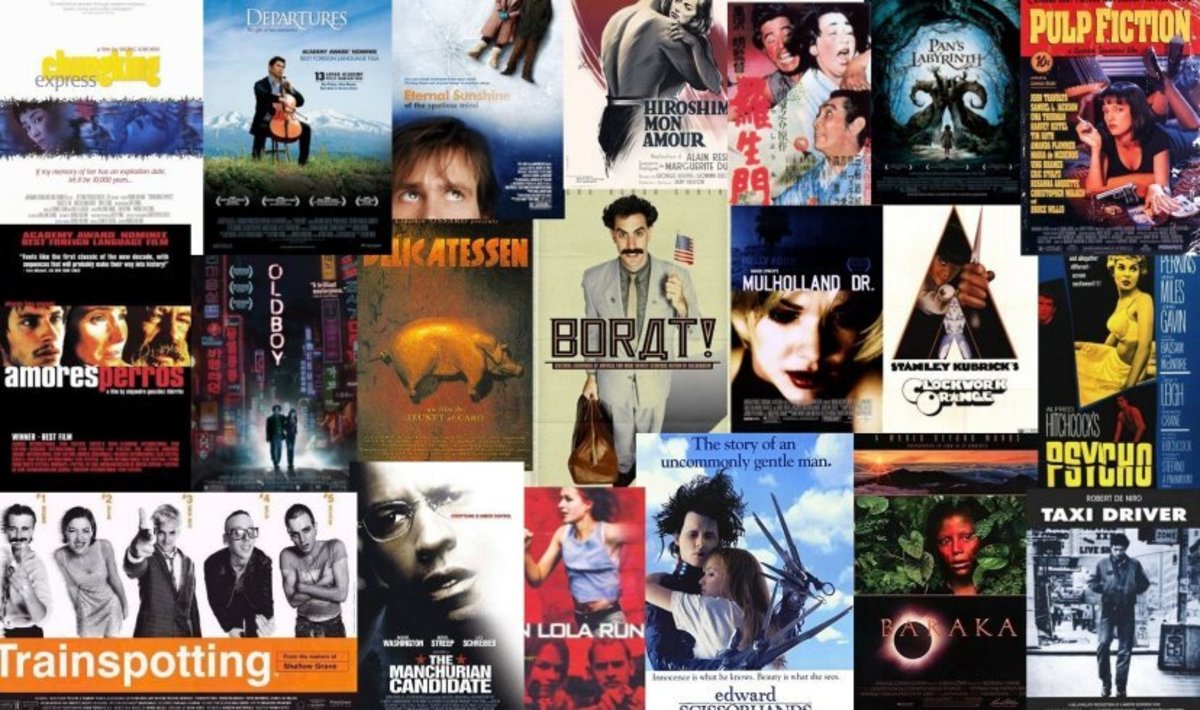Why Once Upon a Time in the West is a Great Movie
Leone's Masterpiece?
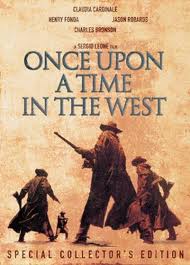
Warning: Some Spoilers
In observing what people say about Once Upon a Time in the West, I have noticed a rather strange phenomenon. People will say it is "Sergio Leone's most operatic Western" or Sergio Leone's "best Western that doesn't star Clint Eastwood" but they refuse to call it his best Western and the film often goes unrecognized in critical appraisals of Westerns and Leone. This is truly a shame because it is a wonderful film and represents the genius of Sergio Leone when he was at the height of his craft. Sadly, this film has been overshadowed by Leone's other epic Western The Good, the Bad, and the Ugly.
When people say that Once Upon a Time is Leone's most operatic Western, they do so with fairly good reason. Ennio Morricone composed the film's score while Leone was still toying with the script. In the end, Leone trashed his original concept for the film and wrote the script to match the score (much like an opera). In the film each major character gets their own musical motif in true operatic fashion and the attentive viewer can track the emotional development of the score through music alone.
The cinematography of Once Upon a Time is on par with anything Leone ever directed and, I would argue, surpasses the artistry of many of his other films. Leone shot many of the landscapes in Monument Valley (which Western fan's will recall was John Ford's favorite location) but the shots do not match John Ford's. While John Ford liked to capture the Valley in bright sunlight or moonlight, Leone shoots a number of scenes in which the clouds cast enormous shadows over the monolithic rock formations. This choice highlights the essentially melancholy and sentimental tone of the film.
The reasons that the film often goes unrecognized as Leone's best Western is that it does not entirely fit what people think of when they think of Sergio Leone's "Spaghetti Westerns" and, in truth, I am inclined to agree with them on this point. I am not sure that Once Upon a Time is a "Spaghetti Western." True, it is directed by an Italian director, features long staredowns, contains lots of close-up shots of faces, and uses some locations are in Spain and Italy; but, a significant portion of the film is shot in America, most of the actors are Americans, and the themes in the movie are more distinctly American than European. With his "Dollars Trilogy," Leone was revitalizing and re-imagining the myth of the American frontier. In Once Upon a Time, he is paying homage to that myth by making a retrospective film which looks back on Westerns and the development of Westerns, including Leone's contributions to the genre.
Once Upon a Time in the West follows the more traditional Western formula of the "woman-in-distress" who needs the help of the "cowboy" hero to help her fight the "greedy villain" who in this case happens to be a railroad baron. However, Leone adds his own twists to the film which remind us of his own additions to the conventions of Westerns. There are more plot twists, double crosses, and mysterious secrets than the typically straightforward American Western contains.
The cast of the film works incredibly well and lends the film a unique charm lacking in Leone's other Westerns. Charles Bronson and Henry Fonda in particular make this film a great one. Ironically, Leone sought both actors to play "The Man with No Name" in A Fistful of Dollars, the role that would launch Clint Eastwood to international fame. At the time, tradition holds that Bronson turned down the role while Fonda's agent would not even show the actor the script. Now, both actors thankfully decided to work with Leone.
Charles Bronson, who had already established himself in blockbusters like The Magnificent Seven and The Great Escape ten years before, plays "Harmonica" perfectly. He gives the laconic and mysterious drifter all the menace that the role requires but he also brings a gravity and a sadness to the role which makes this a better "revenge movie" than Leone's early film For a Few Dollars More, which featured a rather impassive Lee Van Cleef as a vengeful gunfighter. Jason Robards works well with Bronson. Their comic exchanges are some of the best bits of dialogue in the film and the two engage in the same cross and double-cross relationship that fans of The Good, the Bad, and the Ugly love.
The casting of Henry Fonda as the cold-hearted killer Frank, was truly inspired. Were I to forced to pick one element of this film which I felt made it a great movie, Fonda's performance would undoubtedly be it. Like Jack Palance in Shane, Fonda lends his killer plenty of eerie menace. However, Fonda resists the temptation to play the character an outright villain. Fonda brings a quirky straightforwardness to the role that I can only compare to Anthony Hopkins's Hannibal Lecter. True he is a remorseless killer but we still find him fascinating to watch. This quality is perhaps best demonstrated by Frank's response to a minion who has failed him. "How can I trust a man who wears a belt and suspenders?" he asks "A man can't even trust his own pants to stay up!"
Colorful characters aside, Once Upon a Time in the West is really quite different from Leone's previous Westerns and more closely resembles Once Upon a Time in America, Leone's gangster epic, in theme and tone. The film is very sentimental and reflective of the idea of the American West and the Western film. We feel a sadness through the whole film as we watch the West fade away. This sadness is emphasized by the melancholy strains of "Jill's Theme." All the characters, even the villains, are endowed with a pathos lacking in films like The Good, the Bad, and the Ugly. Each one of them represents a part of the what makes the West the West and we feel a sorrow at their passing. A perfect of example oof this is the character of the crippled railroad baron whose only dream is to reach the sea. There is a scene at the end of the film which aptly demonstrates the pathos of this character. Frank approaches the railroad magnate as he lies dying with his face in a puddle. In the background we hear the sound of distant waves crashing. Neither man says anything because we know what both of them are thinking, this muddy puddle is as close to the sea as he will ever come to the sea.

